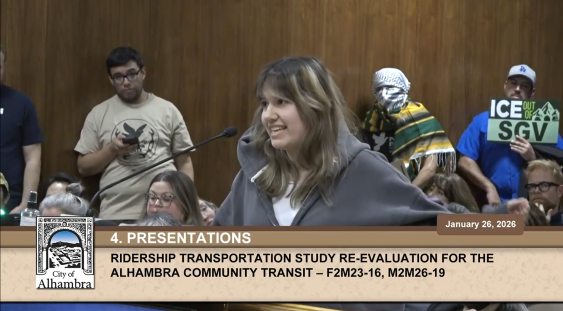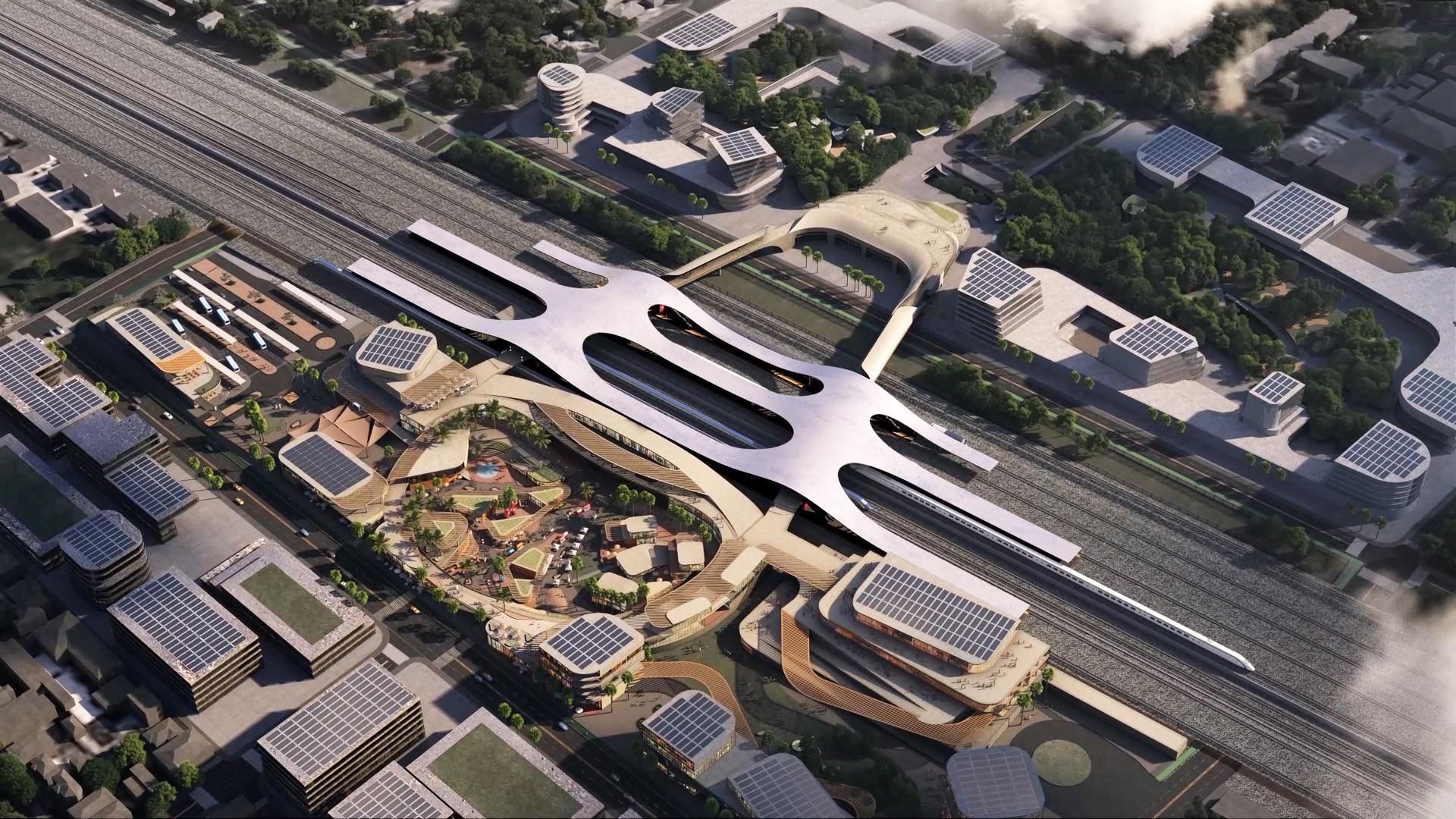The following post first appeared at Transform's blog. It is reposted here with the author's permission.
A coalition of transit advocates, providers, and unions is urging California’s Senate and Assembly leaders to put $2 billion for transit operations and capital improvements into the state’s budget. The coalition is requesting the funds over a two-year period, starting with the 2025-26 budget, to prevent fiscal collapse in the state’s vital transit agencies.
Tell your state representatives to put $2 billion for the bus (and train) into the budget.
Transit danger zone
Many transit agencies are facing shortfalls due to factors they could not control, such as inflation, the rising cost of living, and declines in fare and parking revenues, rather than fiscal mismanagement. Providers that rely heavily on fares have suffered some of the biggest shortfalls, and they include BART and Caltrain, the Bay Area’s two biggest transit agencies. They, along with Muni and AC Transit, could face cutbacks as soon as 2026, if more funding isn’t found.
While many transit agencies are working toward new revenue sources, nothing is certain. The Bay Area is working toward a ballot measure to fund transit, but it will need a two-thirds majority to pass. And, even if ballot measures pass, funding might not arrive in time to save this essential public amenity from a death spiral.
Public transit is a climate and housing solution
All Californians benefit from public transit, whether or not they ride the bus. Transit provides affordable transportation for low-income families, allowing people to reach jobs that we all rely on. It also moves people to schools and essential services, powering upward mobility.
When transit becomes too infrequent to rely on or buses and trains break down because of deferred maintenance, people are forced to drive more. That leads to congestion and pollution, taking a toll on Californians’ health and time.
In the larger picture, our state will not meet its climate goals for reduced emissions without reducing driving. Allowing transit collapse would increase driving, pushing us farther and faster toward climate catastrophe.
California has enacted numerous housing policies to streamline and encourage building near transit hubs, recognizing the climate benefits of co-locating transit and infill housing. However, if transit service is less reliable, it erodes the benefits of these policies, compounding our state’s housing crisis.
The eyes of the world will be on California
The 2028 Olympics and Paralympics, and the 2026 World Cup will be held in and around Los Angeles. The city promised a car-free games, but it needs to invest in transit infrastructure and operations to make that happen.
These international events will bring an influx of travelers throughout California. Will they see a state that’s putting its money where its values are, supporting a climate-friendly and equitable renaissance in public transit? Or will they see a state in decline, at the mercy of fossil fuel interests and short-sighted budget priorities? This year’s budget could make the difference.
Read the letter at Transform.





